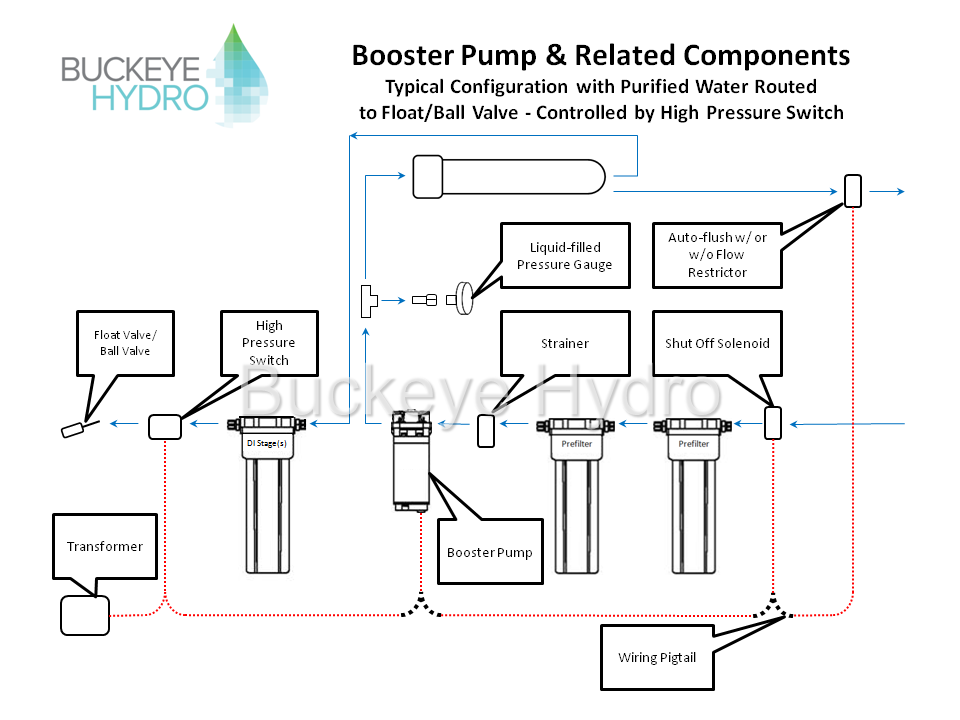youngson616
Well-Known Member
- Joined
- Mar 16, 2022
- Messages
- 138
- Reaction score
- 43
Hey Folks
Looking for advise or experience with RO systems on well water with softeners. I have well water set up with a whole house filter,water softener, than a carbon block at the kitchen sink only. Should I RO the filtered,softened, carb blocked water or hit the bypass on the softener? Maybe a different combination might works better as well. As it sits now, these are the ph values I have discovered with different setups without considering mineral contents taking out and put back in from softening etc.
1. Well water > Whole house filter > water softener > carbon block > RO system = 6.7
2. Well water > Whole house filter > carbon block > RO system = 6.2
3.Well water > Whole house filter > water softener > carbon block = 7.3
4. Well water > Whole house filter > = 7.3
5. Well water > Whole house filter > water softener = 7.5
6. Well water > Garden Hose = 7.7
Looks like my softener is raising my ph from the above test. Possibly removing the cal/mag ppm and replacing with sodium. What would be the best baseline the work from?
Looking for advise or experience with RO systems on well water with softeners. I have well water set up with a whole house filter,water softener, than a carbon block at the kitchen sink only. Should I RO the filtered,softened, carb blocked water or hit the bypass on the softener? Maybe a different combination might works better as well. As it sits now, these are the ph values I have discovered with different setups without considering mineral contents taking out and put back in from softening etc.
1. Well water > Whole house filter > water softener > carbon block > RO system = 6.7
2. Well water > Whole house filter > carbon block > RO system = 6.2
3.Well water > Whole house filter > water softener > carbon block = 7.3
4. Well water > Whole house filter > = 7.3
5. Well water > Whole house filter > water softener = 7.5
6. Well water > Garden Hose = 7.7
Looks like my softener is raising my ph from the above test. Possibly removing the cal/mag ppm and replacing with sodium. What would be the best baseline the work from?

























![Craft A Brew - Safale S-04 Dry Yeast - Fermentis - English Ale Dry Yeast - For English and American Ales and Hard Apple Ciders - Ingredients for Home Brewing - Beer Making Supplies - [1 Pack]](https://m.media-amazon.com/images/I/41fVGNh6JfL._SL500_.jpg)































